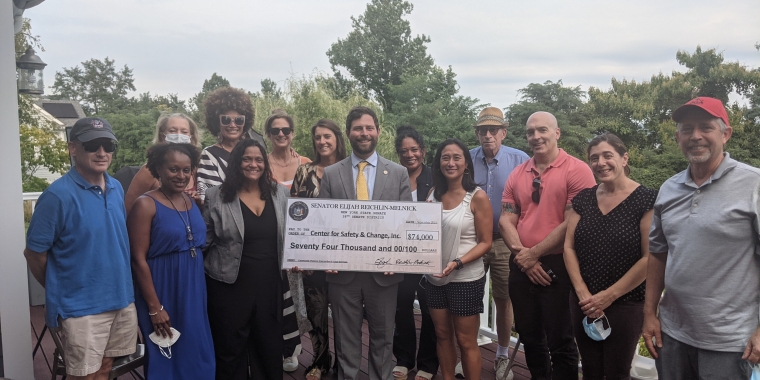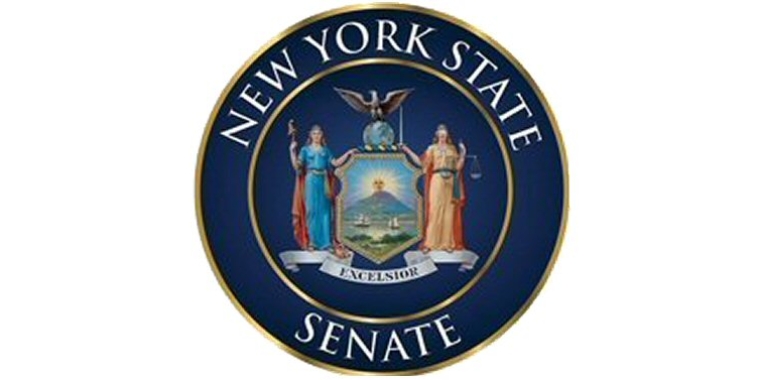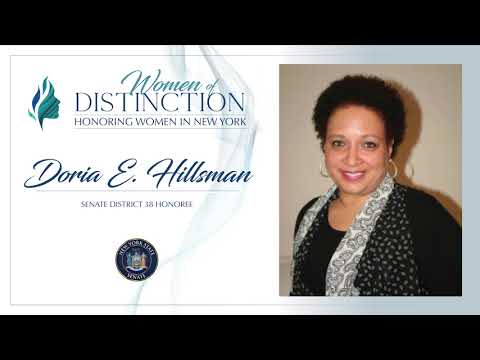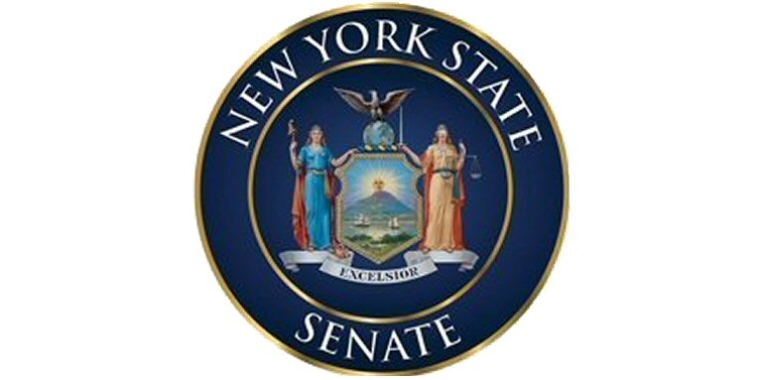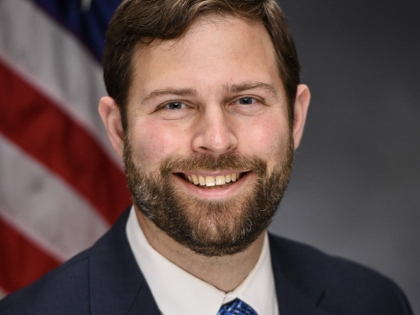
Senator Elijah Reichlin-Melnick to Introduce Legislation Ending Vaccine Discrimination Against Essential Workers Who Live in NY, but Work Out of State
February 8, 2021
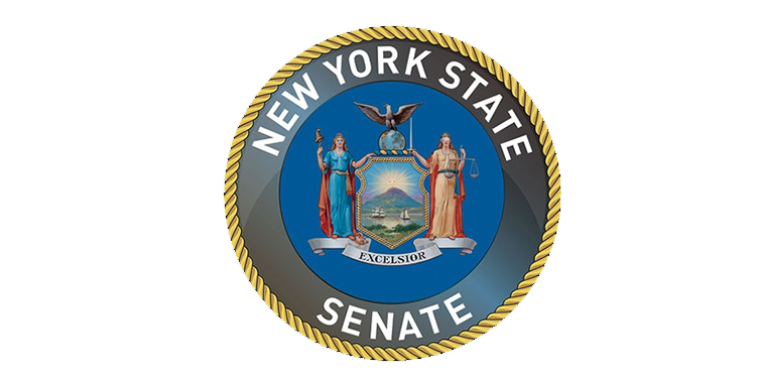
New City, NY - Senator Elijah Reichlin-Melnick announced he will be introducing legislation to end discrimination against New York residents who are essential workers in neighboring states. New York’s current vaccine guidelines allow for teachers, first responders, grocery store employees and other essential workers in the 1B vaccine group to receive the coronavirus vaccine - however, eligibility only applies to New Yorkers who work in New York State or workers who are eligible for vaccination in the state they work in.
The legislation to be introduced by Senator Reichlin-Melnick will require New York State to make any New Yorker eligible for a vaccine who works in a job that would qualify them for a vaccine if they worked in New York State.
Senator Reichlin-Melnick said: “Many of my constituents work in New Jersey, where teachers and some other essential workers are not yet eligible to receive the COVID vaccine. The current rules prevent these essential workers from getting vaccinated, which effectively discriminates against New York residents who happen to work out of state.
My office has been contacted by dozens of constituents who are otherwise eligible to get a vaccine, but can’t because of where their job is located. Some of them have even been able to schedule a vaccination appointment, only to be turned away when they show up for their appointment.
I can’t understand how the Department of Health can tell a teacher that they don’t deserve a vaccine simply because they teach in New Jersey while their neighbor who teaches in New York can get vaccinated. COVID doesn’t discriminate, and neither should New York.”
New City resident Lindsay Richmond and her husband Christopher are teachers in New Jersey, and signed up for a vaccine appointment as soon as teachers became eligible in NY. They thought they were all set after getting multiple appointment confirmations, but when Ms. Richmond showed up to get her vaccine, she was turned away.
“On January 11, when teachers became eligible in NY to receive the vaccine my husband and I went online and answered the questions honestly (that we live in NY and work in NJ). We got appointments, filled out the forms and printed both. As a cancer survivor I also got an approval letter from my doctor. Then on January 18th we got emails and texts confirming our appointments. On January 31st I showed up for my appointment and was turned away because I am a teacher in NJ, and not in NY. The problem here is the virus has no boundaries. I could get it at my job in NJ and bring it back to Rockland, where I live. I could give it to my daughter who could bring it to her school. The reason for essential workers to receive the vaccine first is because they are the most exposed and we want to stop the spread. Well if we are refusing the vaccine based on where we work we will not stop the spread. I am frustrated, anxious, and upset.”
Orangeburg resident Faye Gessin is a teacher in New Jersey and has an appointment scheduled for February 17 at the Javits Center. She is worried that she will be turned away also.
The Governor’s office has confirmed that essential workers must get vaccination appointments from the state where they work, even if they live in a neighboring state that does not authorize them to get vaccinated.
“This is an entirely unacceptable situation for teachers since NJ does not include them in their eligibility list. I understand that the NYS Department of Health is aware of this inconsistency and is reportedly raising this concern with their NJ counterpart, but I am extremely concerned about this situation. It must be resolved as soon as possible,” added Senator Reichlin-Melnick.
Senator Elijah Reichlin-Melnick represents the 38th State Senate District, which covers four towns in Rockland and Westchester.
related legislation
Share this Article or Press Release
Newsroom
Go to NewsroomSenator Melnick delivers cash to fight gun violence
September 16, 2021
